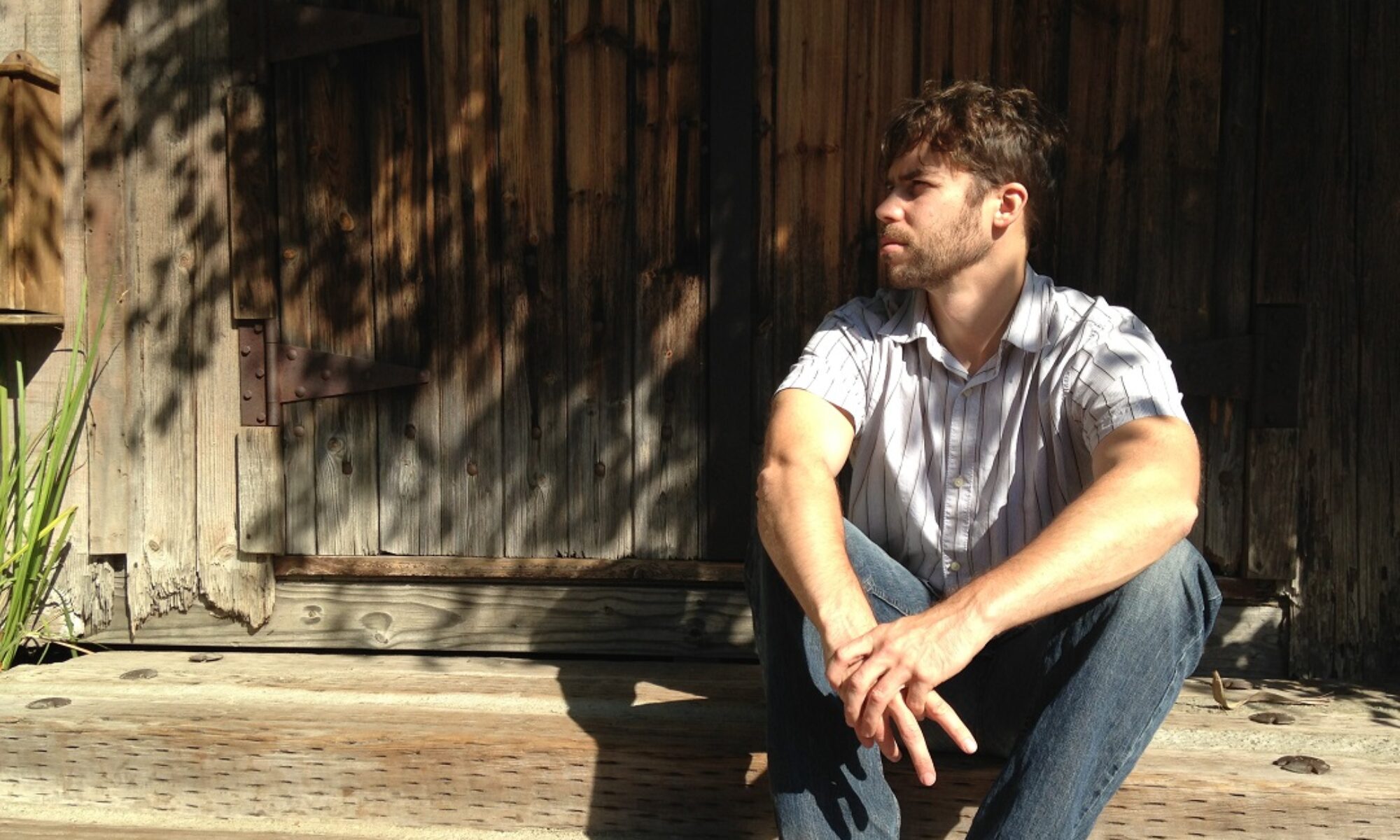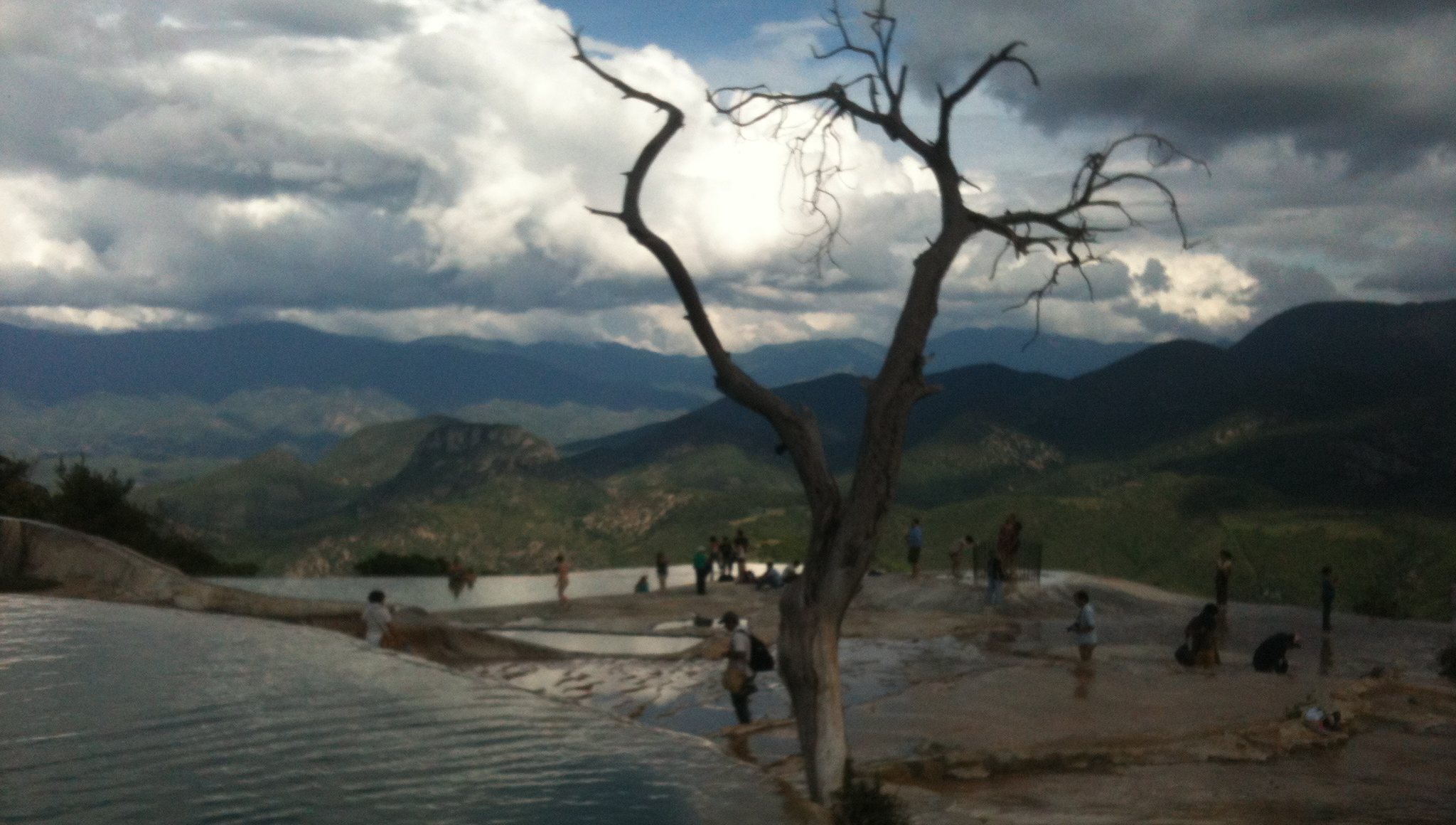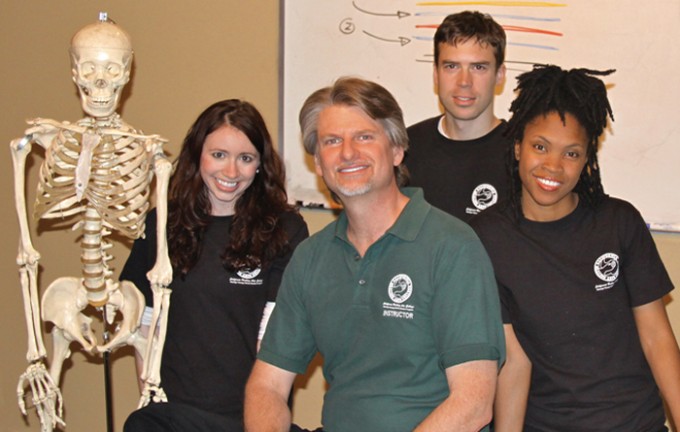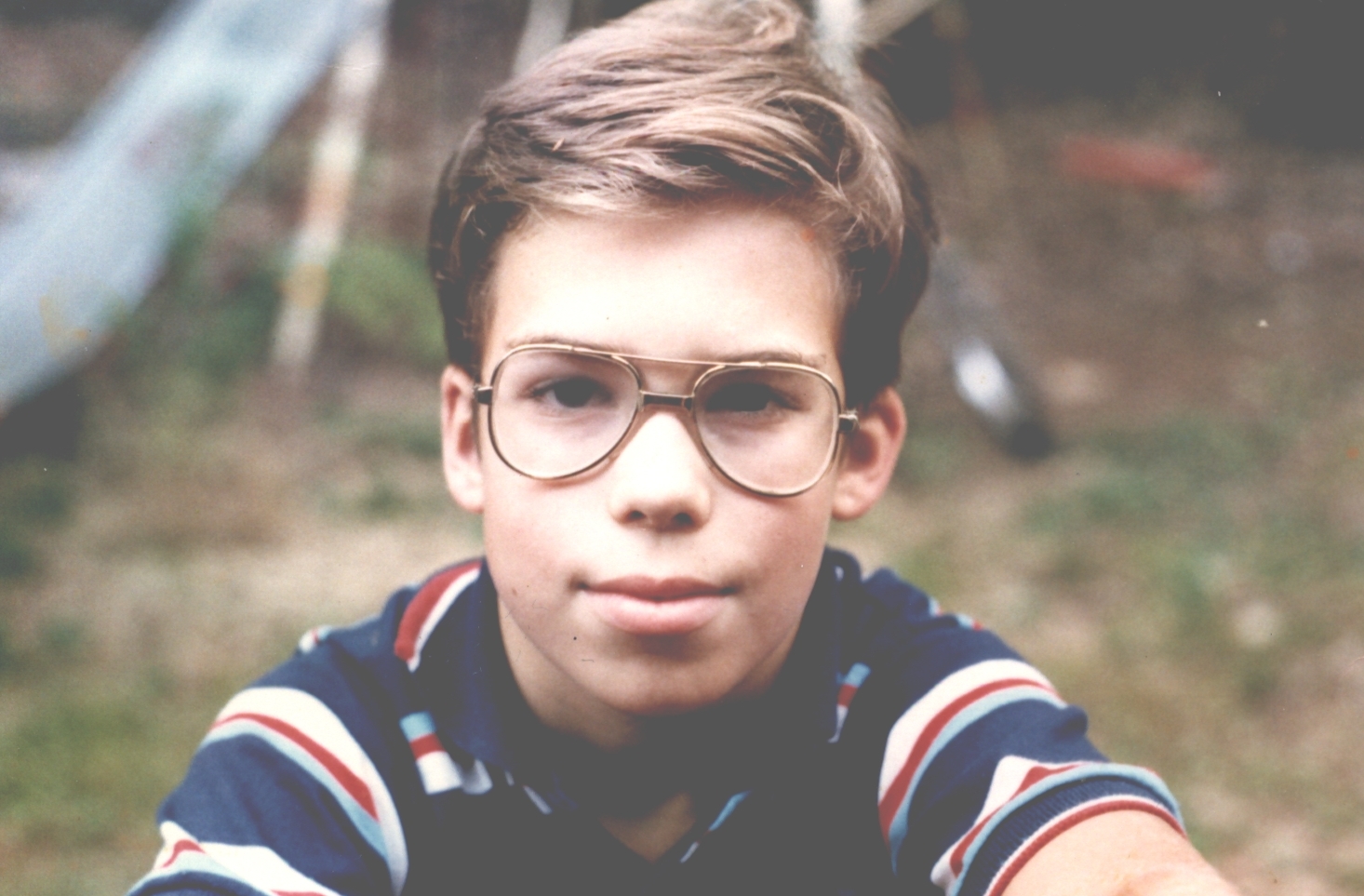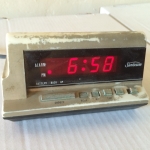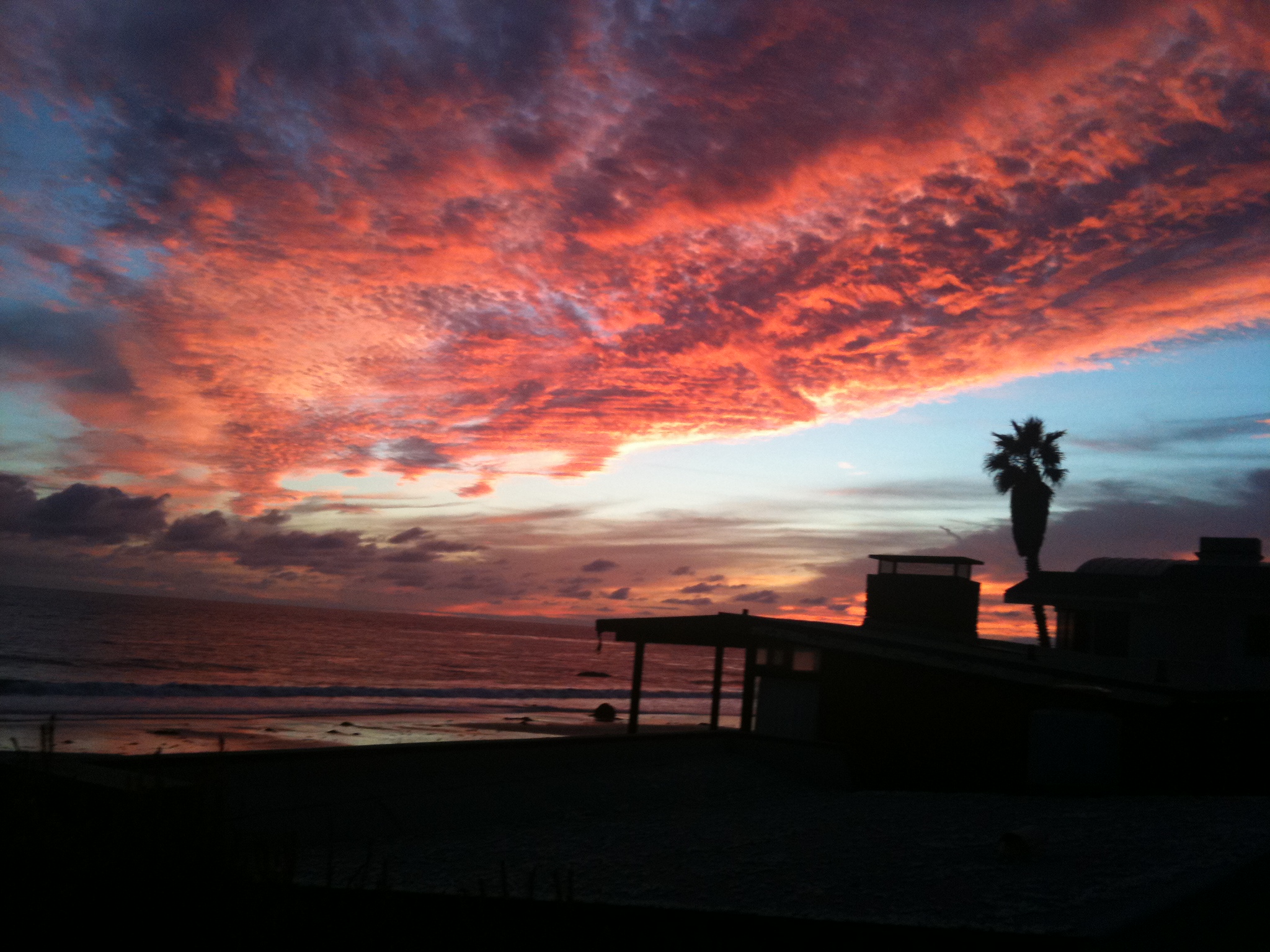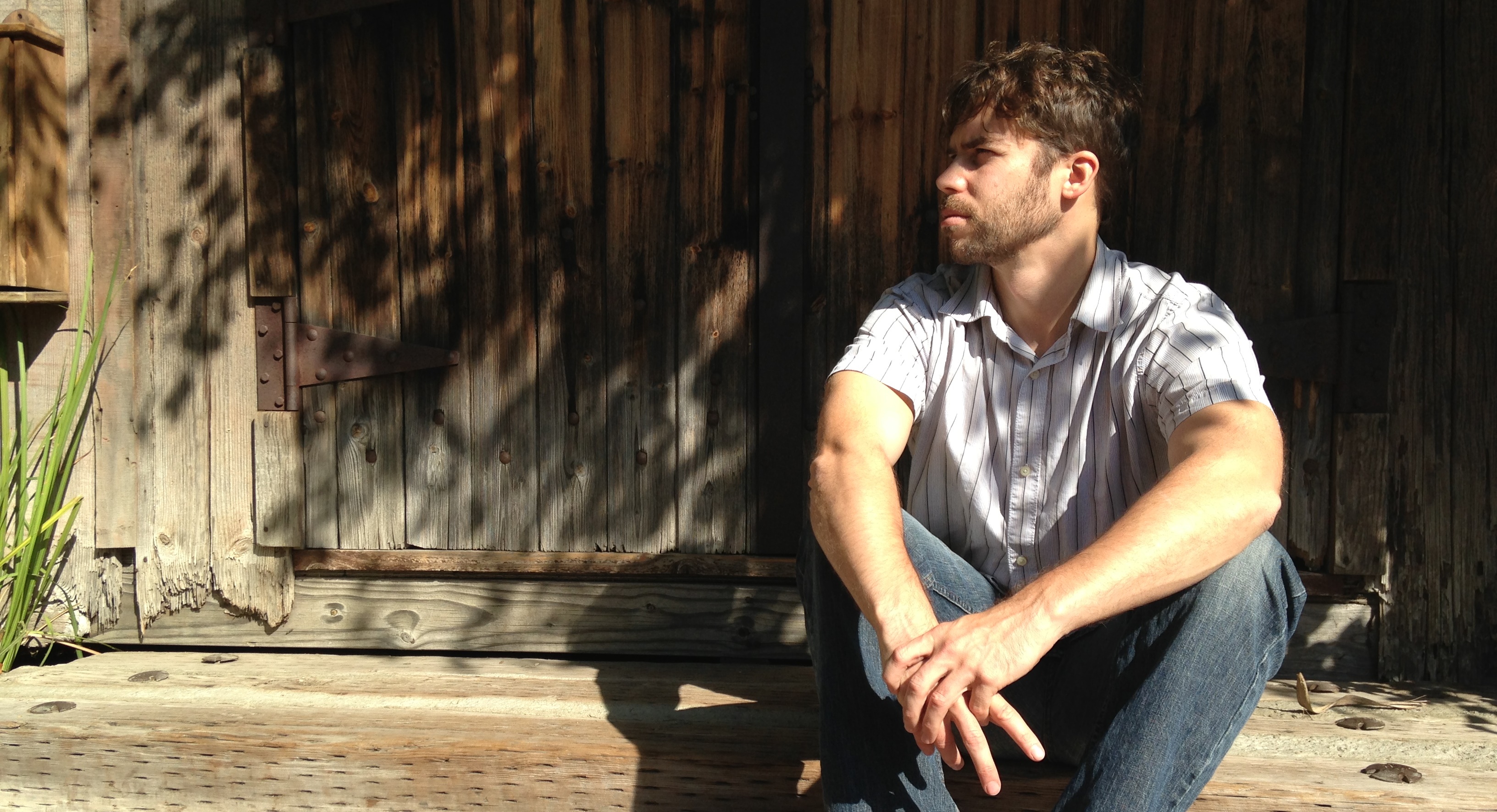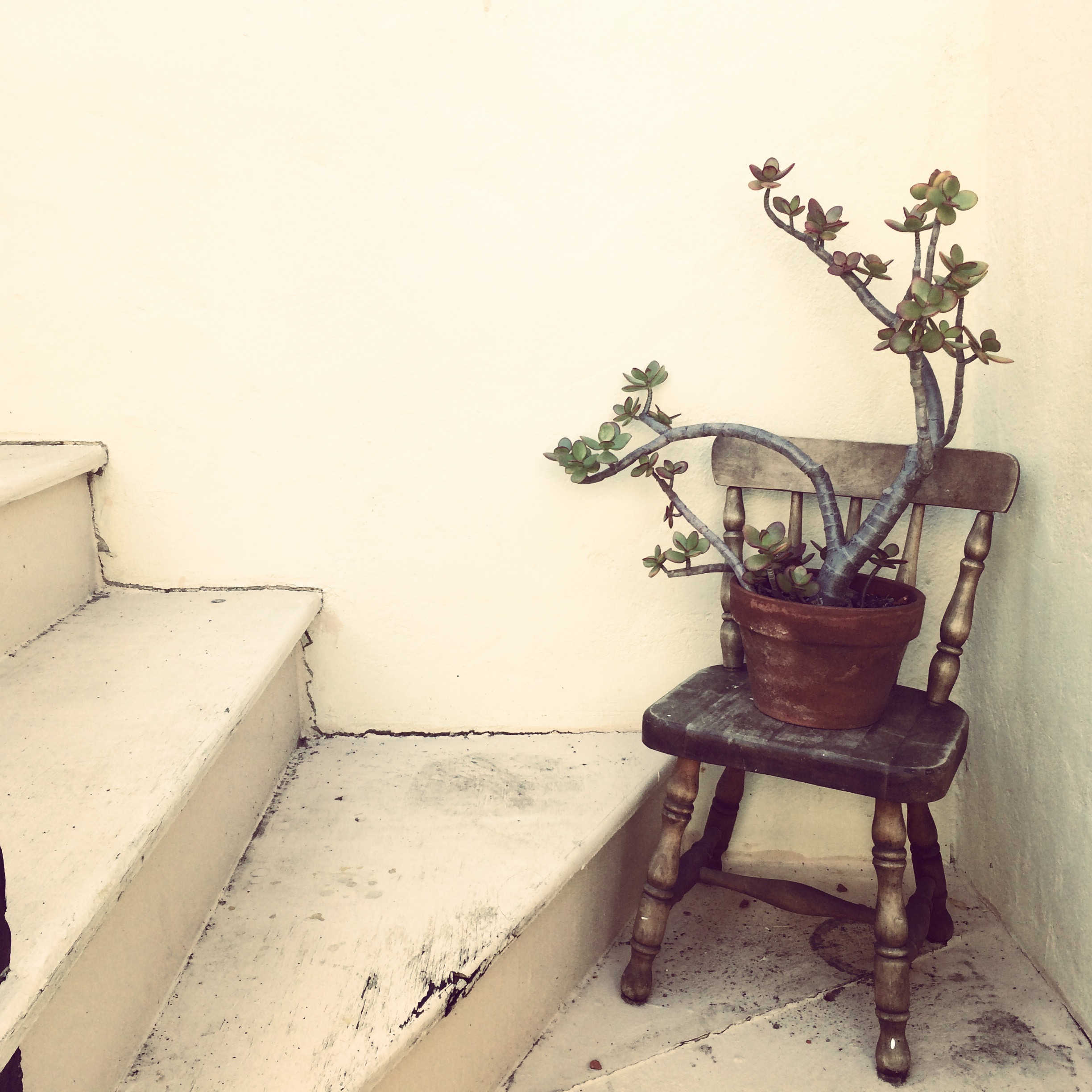I stopped at Charmlee Park in Malibu today — one of my favorites — and was reminded how dead southern California is (and it always has been, let’s not blame the drought). There are hopefully worded signs at the trail-head about respecting the “wildlife,” which turns out to be some bugs, a couple listless birds, and maybe a snake. Any object over three feet tall that isn’t a rock looks like it’s been through the wash too often, then forgotten on the clothesline. Beyond the park, the carefully preserved Santa Monica “Mountains” are eroded piles of dirt. Whenever I crest the highest, Sandstone Peak — another of my local favorites — my first impression is always “post-apocalyptic.” If you’d plucked fifteen-year old Tom from New Hampshire and dropped him off the beaten path somewhere around here, he’d have thought he’d awakened in an abandoned excavation site.
If one crops the memory enough, the beauty is there: the terrible, desperate beauty of survival. Acres of brown, wispy plants that cling to life for years without water; cities dangling at the end of hundreds of miles of pipeline; coastlines crumbling majestically into the sea. Is it really any surprise that the people of Los Angeles would become infamous for their “shallow,” “artificial” definition of beauty, when the shallow and the artificial in this landscape are some of nature and man’s most spectacular feats?
But is it possible that there is more to beauty than selective attention?
Even after twenty years, I compare southern California constantly to New Hampshire. The Granite State was a place possessed of many spectacular ways to kill you. One need only look at the license plates for the damage report: a state motto of “live free or die” (though locals preferred “live, freeze, and die”), and a state icon called the Old Man of the Mountain, a rocky outcropping on Cannon Mountain that was “old” its whole life and then collapse in silent agony after a protracted battle with nothing but New Hampshire.
But if my childhood home movies weren’t choked with black flies, if I’d never woken up with ice on my pillow because I “forgot” to fill the wood stove, if I’d never pulled ticks from my head, if I’d never seen a chicken coop emptied of life by a raccoon, could I have ever really acknowledged the majesty, the power, the importance of weeds pushing up from rotting ice, the boom of the wind in a million branches, the way fresh eggs stand up, the smell of newly split firewood? Tourists come for the leaves, natives stay for the trees.
In other words, maybe there are no mountains, only valleys in-between. Maybe there can be no beauty, heroism, joy, or redemption without the terrible soil in which those grow. Maybe love is a choice, not to ignore the bad, but to thank it for what it’s wrought.
In an era of air-conditioning and Instagram and TED Talks, most of us take our daily dose of the epic in small, canned servings, eased into adamantly pleasant lives in the form of bestselling books or social media quotes or inspirational videos. But those moments are as sterile as zoo exhibits or a vase of flowers.
So lift the hood, take a good look at the greasy, leaky engine of life that takes us everywhere we go. When you realize that the reason that gorgeous white beach with its turquoise waters is so pristine is because nothing can live in that sterilized sand and water, you may lose a pretty moment, but you gain new appreciation for the buzzing, dripping, smelly, alive forest that encroaches upon it. If you let yourself admit that your food choices are an addiction, every skipped snack becomes as heroic as a knight de-horsing another giant guy in like a half-ton of metal. If you pass up a night out with acquaintances who care about only your “best,” you create a space and a hunger for friends who will respect you for where you started. When you acknowledge the fact that your heroes spent the other 99.99% of their lives making your mistakes, then suddenly the path to becoming a hero yourself is a tiny step.
In short, everything is terrible. That’s what makes everything amazing.
